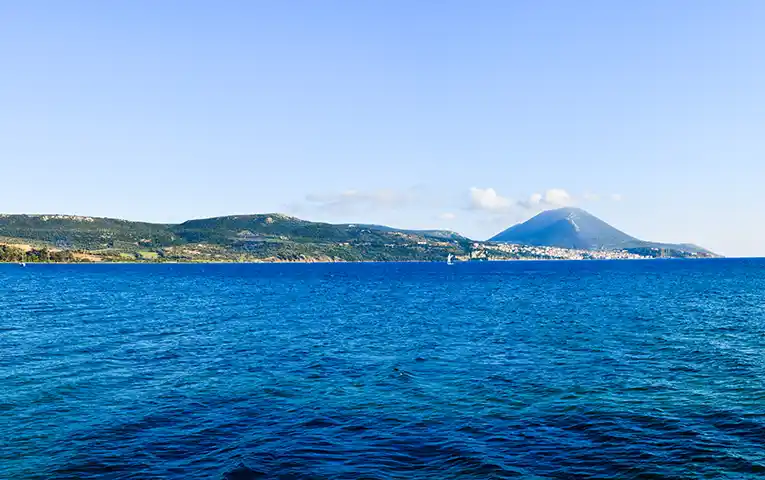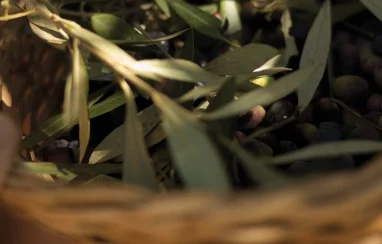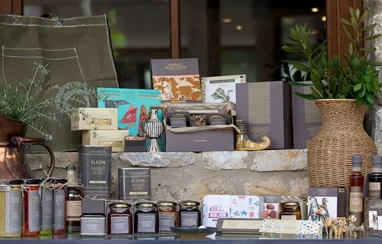By WWF Greece
On March 2nd, in one of the world’s most ambitious environmental actions since the 1989 Montreal Protocol, the member states at the UN Environment Assembly (UNEA-5.2) unanimously agreed to draw up a legally binding treaty to end plastic pollution. This resolution will hold nations, businesses and society at large accountable for eliminating plastic pollution from our environment. While this agreement is not the end of the journey, it’s an important milestone. What’s even more exciting is that these sustainable development goals are already being implemented by responsible businesses across various industries, including hotels.
Why is it so important to reduce single-use plastic?
Plastic pollution is devastating both marine and terrestrial biodiversity. Some 570,000 tons of plastic enter the waters of the Mediterranean, a semi-enclosed sea, every year. This is equivalent to 33,800 plastic bottles being dumped into the Mediterranean every minute. Without remedial action, that number will continue to rise, as plastic waste production in the region is expected to quadruple by 2050. Plastic pollution kills aquatic wildlife, damages natural systems, and contaminates marine food chains. Each year, people living in the Mediterranean region are ingesting yet more plastic along with their food and drinking water, and the full impact of this remains unknown. Today, on a global level, over 700 marine species, including sea mammals and birds, are affected by plastic through ingestion, entanglement or habitat degradation. To avoid this, we need to drastically reduce single-use plastics consumption, and ensure that unavoidable plastics are handled in the best possible way, following the Waste Hierarchy established by the European Union Waste Framework Directive.
Plastic is everywhere, in thousands of everyday products. At the beach, we’re used to seeing plastic bags floating next to us while we swim, and people may think that it’s impossible to live in a world where the presence of plastic is limited. But while becoming less dependent on plastic is not easy and requires ambitious interventions, it’s not an unachievable endeavor, as long as there’s willingness to change and innovate.

So how can the hospitality sector contribute?
The hotel industry is a key area for intervention; it plays a vital role, not only in terms of its heavy use of various types of single-use plastics but also because of its ability to influence both upstream production and downstream consumption of plastics. To stimulate engagement within the hotel industry, we should strive to highlight exemplary cases and good practices in order to demonstrate that drastic reduction in single-use plastic consumption is feasible.
With that in mind, WWF Greece would like to point out the efforts made by its visionary partner, Costa Navarino. Since 2020, WWF Greece has been working with Costa Navarino and its parent company TEMES to substantially reduce single-use plastics in their operations.
What’s being done at Costa Navarino
Although the Covid-19 pandemic has been and remains an obstacle to efforts, Costa Navarino has already managed to produce great results. Plastic water bottles are no longer in use, with the exception of the gym area, replaced by returnable glass bottles. All plastic cups and lids have also been eliminated. At The Westin Resort, disposable amenities have been replaced with eco-friendly alternatives. All non-essential single-use plastics that were scheduled under the Plastic Directive to be phased out by July 2021 had in fact already been eliminated almost a year before the implementation of the Directive.
In numbers, in 2021 alone, Costa Navarino managed to get rid of:
– 216,000 plastic bottles
– 211,000 plastic straws
– Almost 400,000 plastic cups and lids
– 52,000 take-away food containers
– 41,700 plastic stirrers
– 10,000 plastic spoons
Overall, a reduction of 2.3 tons of plastic was achieved in 2021 when compared to 2019 usage figures.
Having recently become a member of the UN’s Global Tourism Plastics Initiative, Costa Navarino has committed to eliminating problematic and unnecessary plastic packaging from its rooms, bathrooms, food and drink services; introducing reusable products to replace problematic and unnecessary plastic packaging; and providing data on the recyclability and compostability of plastics in order to facilitate the transition towards 100% plastic smart packaging that’s reusable, recyclable or compostable, all by 2025.
In its next phase, the partnership of Costa Navarino and WWF Greece will lead to a broader initiative for the Greek hotel industry, where knowledge and tools will be shared to help others reduce single-use items. It will be a long but fruitful journey.
We invite all of you reading this post to join us, and walk with us on the same path. Why not start by removing unnecessary disposable plastics from your daily life? Plastic pollution is not a choice; it’s a threat to the environment and to human health.

